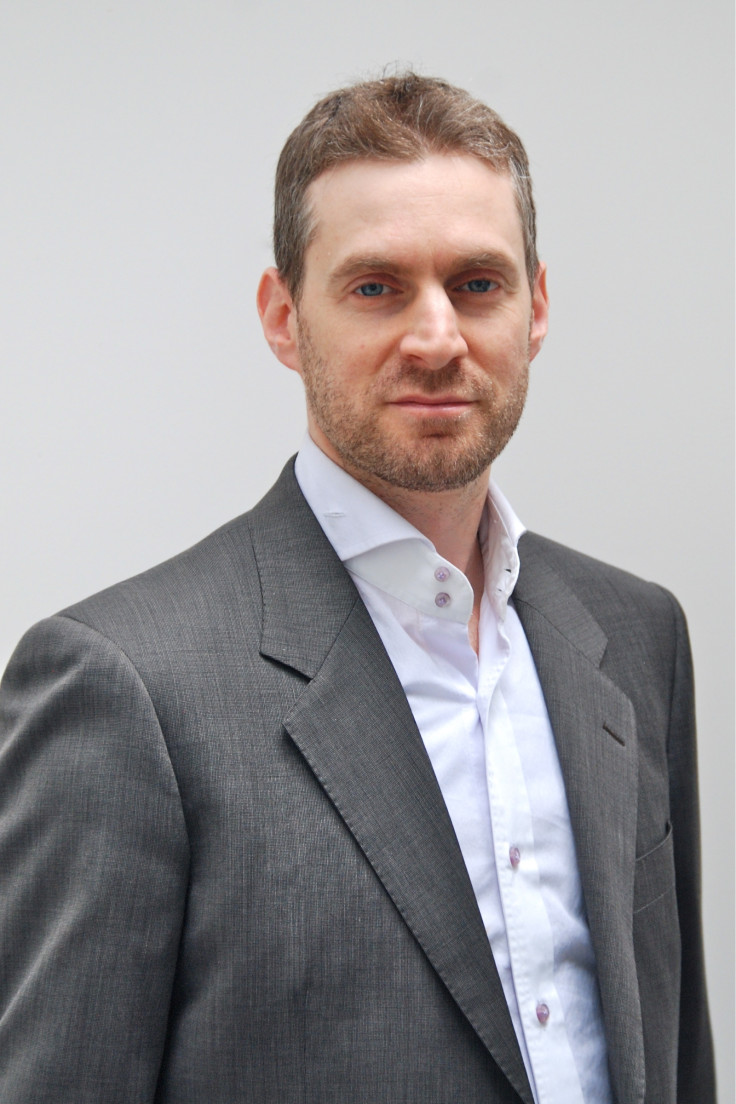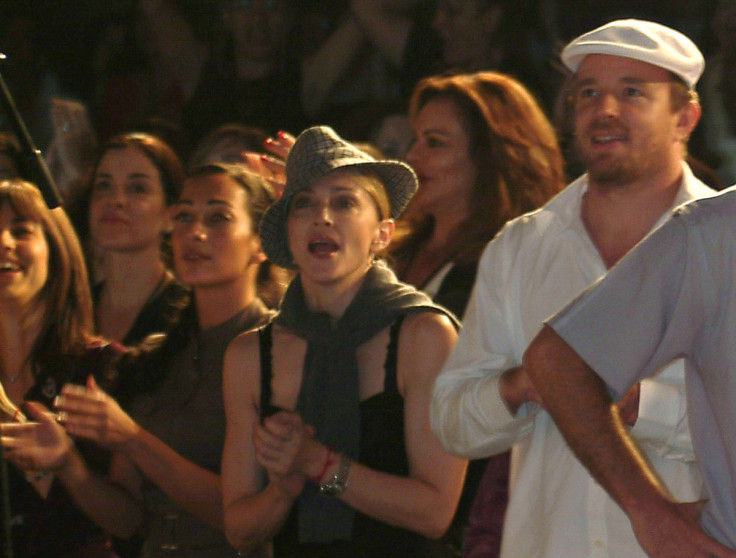Will Kabbalah put financial consultants out of business?

The Kabbalah Centre off London's Bond Street doesn't remotely resemble buildings usually associated with the upper echelons of high finance – religious paraphernalia, easy listening music and essential oils abound – but this hasn't deterred a string of high profile businessmen and women from seeking out spiritual advice on how to run their companies.
The likes of Edward Fitzpatrick, head of the European Stock Exchange, serial investor Jamie True, nightclub entrepreneur Piers Adams, along with Daniella Helayel and Errol Douglas, are just some of the new wave of Kabbalah devotees from the world of finance.
Perhaps the most famous business acolyte is Donna Karan, who frequents the New York chapter.
According to its proponents, Kabbalah is a "spiritual practice" rooted in the Jewish tradition, but can also sit alongside other faiths - or none.
IBTimes UK caught up with the London Centre's leader Marcus Weston to talk about the link between business and the spiritual movement.
We asked Weston why business owners, private equity kingpins and bankers would turn to Kabbalah rather than a financial consultant?
Weston said: "Successful people work harder, so the issues they have are more plentiful, whether it be employee issues, finance issues, cash flow issues, family issues, mistress issues or children issues. All are walls to break down.
"Over half of change management consultants don't have much long term affect because they work so externally. Organisations don't change, people do - and you can't separate the two."

The link between the personal and the organisational is a theme that Weston touches on continuously; if a person's spirituality is in kilter, then the better business decisions will be made.
"What is your reaction to the cash flow issue?" Weston posited. "Whether it be insecurity, fear, control, anger, killing staff - it's something you can control and very often a collection of those changes do create external changes.
"Some people think spirituality is dancing up a mountain and holding hands, it's really not. For us it's more structured, it involves study, self-discovery, and purpose. From that springs performance."
As for the success rate, it depends on how it is defined, with Weston claiming that it's not just about "pounds and pence", rather personal fulfilment and social impact.
Capitalism
The idea of reconciling brute capitalism (with its killer instinct and rigorous drive) and spirituality (no matter how Weston defines it) is a difficult task, especially when he says that the Kabbalist approach to business helps add a more selfless trait.
"One of the biggest issues with capitalism is that you make it and lose it - boom and bust mentality. That's because it becomes all about me at the expense of you. The more ambitious picture is someone who says he's going to win business for the sake of sharing," Weston says.
Before anyone can say Communist Manifesto or Das Kapital, Weston gives assurances that the Kabbalist position is non-political and certainly not left-wing.
"Spirituality is actually the source of real capitalism because it suggests that there is a longevity and continuity in wealth creation. So from an economic point of view, it's very right wing. But from a social point of view it's very left wing, so it does encompass both."
Would Kabbalah then nullify the killer instinct many believe is required to succeed in business? Not according to Weston, it would only mean certain "red lines".
"It means you can't kill and step on people to a point that destroys them," he says.
Change
The Kabbalist mentality, says Weston, could also have helped prevent the financial crash of 2008: "You can look at the markets or the graphs, but ultimately it was the consciousness of people: greed."
Weston also said that businesses have more power than governments and, if used wisely, they can change the world for the better.
"The capacity to really impact change in the world lies in the hands of business owners because they have far deeper cash pockets than government. Companies are flush, and they need to have the desire to go beyond corporate social responsibility to a place where they can genuinely see how the world can change."

Popularity
More than 1,000 students a week walk through the Centre's doors and Weston has ordered an extension of the building to cope with demand.
However, there have been controversies. Modern day Kabbalah has come under fire for its high prices for water, red wrist ribbons and copies of the Zohar, its book of teachings.
The centre hit the headlines recently after Weston revealed that Kabbalah has fans in Buckingham Palace.
There is also a string of celebrities who frequent one of the 50 centres around the world, with Madonna, Demi Moore and Ashton Kutcher all disciples.
Whether you are a follower or a sceptic, at 4,000 years old, Kabbalah is showing no signs of slowing down.
© Copyright IBTimes 2025. All rights reserved.






















